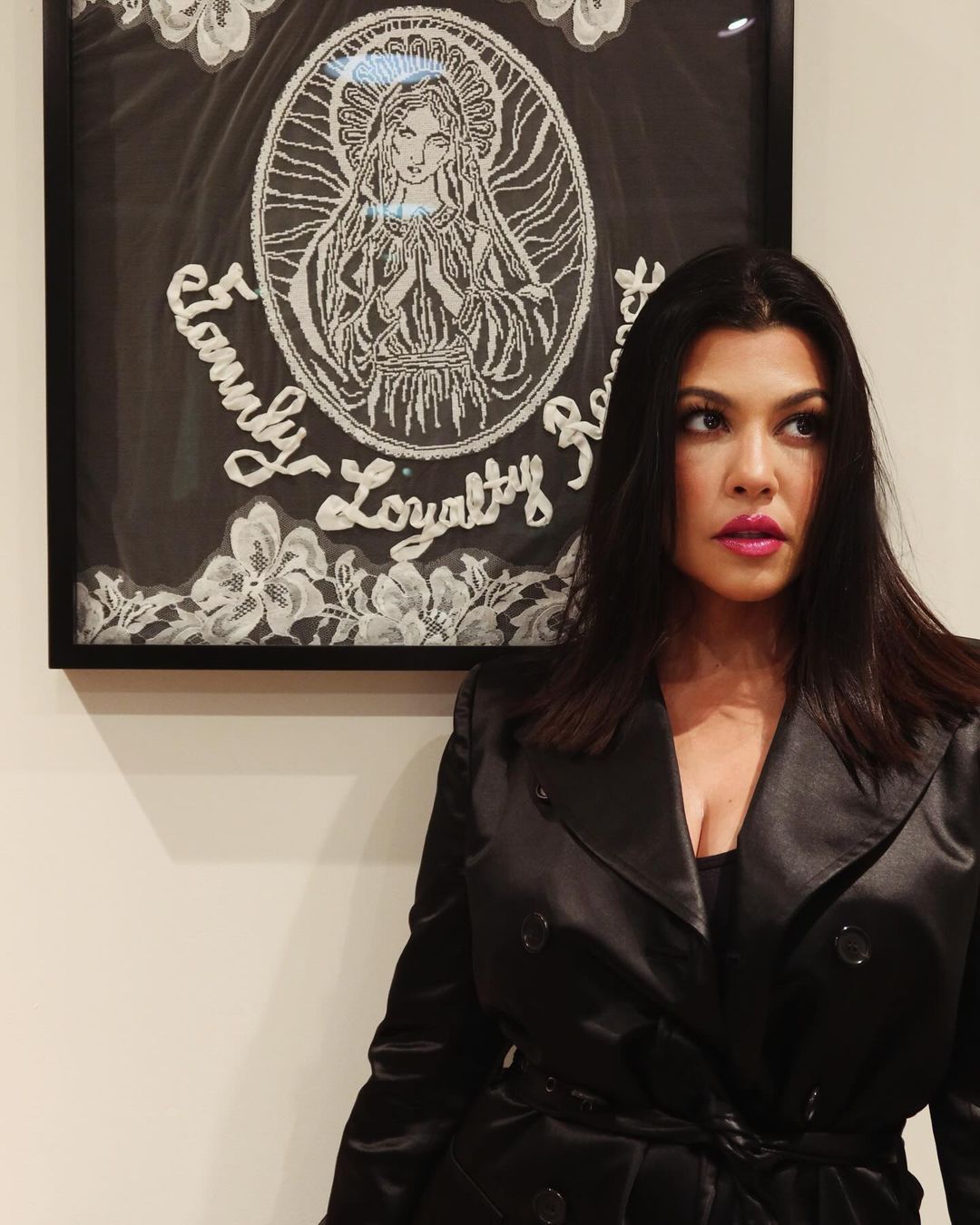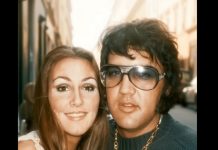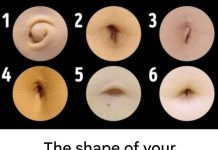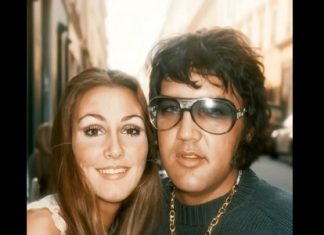Kourtney Kardashian’s Journey into Autosexuality: A Deep Dive
Kourtney Kardashian, a prominent figure in the entertainment industry, recently stirred considerable conversation by declaring herself as autosexual in a blog post on her lifestyle website, Poosh. This revelation is not just an ordinary announcement; it has sparked a cultural discussion around a term that is gaining traction yet remains largely misunderstood. Kourtney, known for her various entrepreneurial ventures and reality television stardom, continues to be a focal point in popular culture, whether through her bold statements or lifestyle changes. This declaration adds a new layer to her public persona, inviting both curiosity and scrutiny.

Defining Autosexuality
In her blog post, Kourtney states, “Are you autosexual? The short answer is yes, most likely. In fact, we all are, at least a little.” This statement sets the stage for a broader exploration into the concept of autosexuality, which therapist Casey Tanner has helped Kourtney define. According to Tanner, autosexuality is characterized as “a trait wherein one is turned on by engaging in their own eroticism.” This definition opens a window into understanding how self-love and self-reflection can play significant roles in one’s sexual identity. The term suggests that attraction can exist independently of another person and that self-appreciation can be a legitimate and fulfilling aspect of one’s sexual experience.

Public Reactions: Confusion and Curiosity
The announcement has been met with mixed reactions from fans and the general public alike. Many have expressed confusion over the term on social media platforms like Facebook and Twitter, where users have quipped things like, “What the heck is that???” or humorously suggesting that Kourtney must have a passion for cars, linking the term to a more literal interpretation of ‘auto.’ This blend of confusion and skepticism highlights the challenges of introducing new terminologies into public discourse, especially those related to personal identity and sexuality. Some commentators went further to question whether this concept is merely a trend or if it holds significant meaning in understanding modern relationships.

Exploring the Dimensions of Autosexuality
Kourtney elaborates on her understanding of autosexuality, detailing how it manifests in everyday life. For example, she offers insights such as, “It could mean washing yourself lovingly in the bath and genuinely enjoying your body,” or “dancing in the mirror in a cute outfit.” These examples serve to illustrate that autosexuality is not merely about physical attraction; it also encompasses the emotional and psychological facets of self-appreciation and self-pleasure. Engaging in activities that bolster self-esteem, such as practicing self-care routines or indulging in solo experiences, highlights the importance of having a nurturing relationship with oneself. Such actions reinforce the notion that self-love can be a joyous and empowering journey.
The Spectrum of Sexuality: Autosexuality and Beyond
The concept of autosexuality exists within a broader spectrum of sexual identities and preferences. Dating expert Alex Bert, who has over 14 years of experience as a relationship coach, notes that this identity is becoming increasingly recognized. He explains, “Autosexuality involves a primary sexual attraction to oneself rather than to others.” Importantly, Bert emphasizes that one does not need to exhibit all the signs of autosexuality to identify with the term; it’s a fluid identity that can coexist with more traditional sexual preferences. This openness reinforces the notion that sexuality is not strictly binary but rather a nuanced spectrum. Society is slowly learning to recognize and accept these diverse identities, making discussions about sexuality more relevant and necessary.
Autoromanticism: The Emotional Connection
In tandem with autosexuality, the concept of autoromanticism emerges as a vital aspect of self-love and attraction. The term refers to experiencing romantic feelings towards oneself, emphasizing the emotional layers that contribute to one’s understanding of identity. Kourtney’s discussion of autosexuality implies that loving oneself can lead to a deeper appreciation for one’s body and desires, promoting a healthier self-image. This connection is particularly relevant in today’s world, where societal pressures often distort personal perceptions of worth and attractiveness. Understanding autoromanticism can encourage individuals to prioritize their emotional health and cultivate meaningful relationships with themselves, which is a crucial aspect of self-acceptance.
Criticism and Support: Facing the Backlash
While many may find empowerment in Kourtney’s declaration, there are also critics who argue that the Kardashian family often promotes a culture of narcissism. Comments on social media reflect this sentiment, with some suggesting that the family is excessively self-absorbed. One user even remarked, “Does that come as any surprise? They are all so in love with themselves.” This backlash points to a broader societal critique of celebrity culture and the implications of self-love as it relates to self-indulgence. However, it is essential to distinguish between a healthy embrace of self and outright narcissism. Advocates for self-love argue that celebrating oneself can inspire others to do the same, promoting a culture of positive self-regard instead of the negativity often associated with superficiality.
Conclusion: A Shift in Cultural Paradigms
Kourtney Kardashian’s candid announcement about her autosexuality opens the door to discussions about identity, self-love, and the evolving definitions of sexuality in contemporary society. By shedding light on autosexuality, Kourtney not only invites others to explore their relationships with themselves but also challenges traditional norms surrounding attraction and desire. As society gradually becomes more inclusive and aware of diverse sexual identities, conversations like these are vital for fostering understanding and acceptance. Kourtney’s journey showcases that vulnerability in discussing one’s identity can lead to empowerment and a broader acceptance of various forms of love.
Ultimately, this revelation encourages individuals to reflect on their own experiences of self-love and attraction, highlighting that embracing one’s own eroticism can be a powerful form of empowerment. In a world where acceptance and self-awareness are increasingly valued, Kourtney’s journey is a reminder that sexuality, in all its forms, deserves to be explored and celebrated. This ongoing dialogue not only enriches our understanding of personal identity but also strengthens our collective cultural fabric.
















